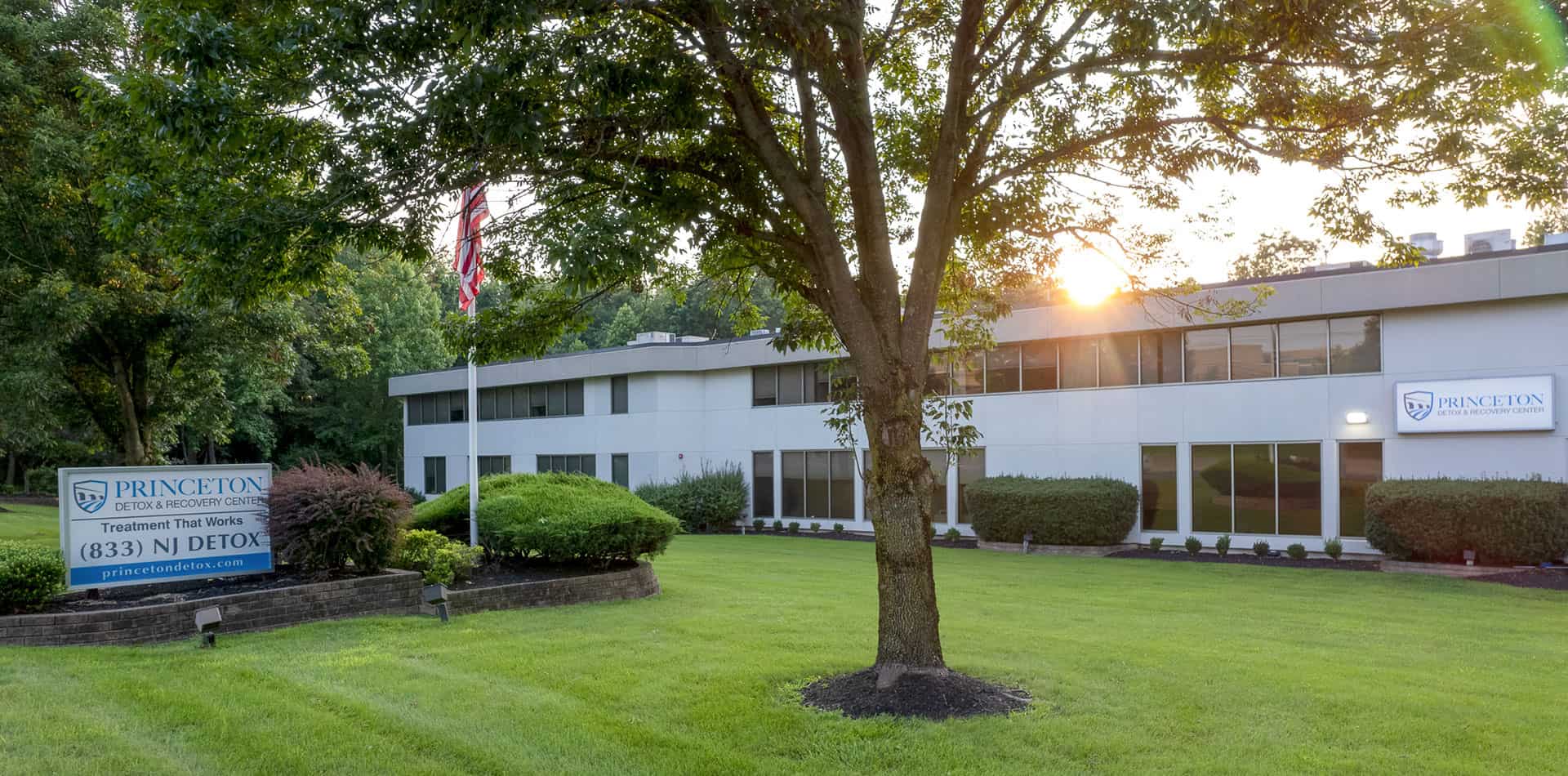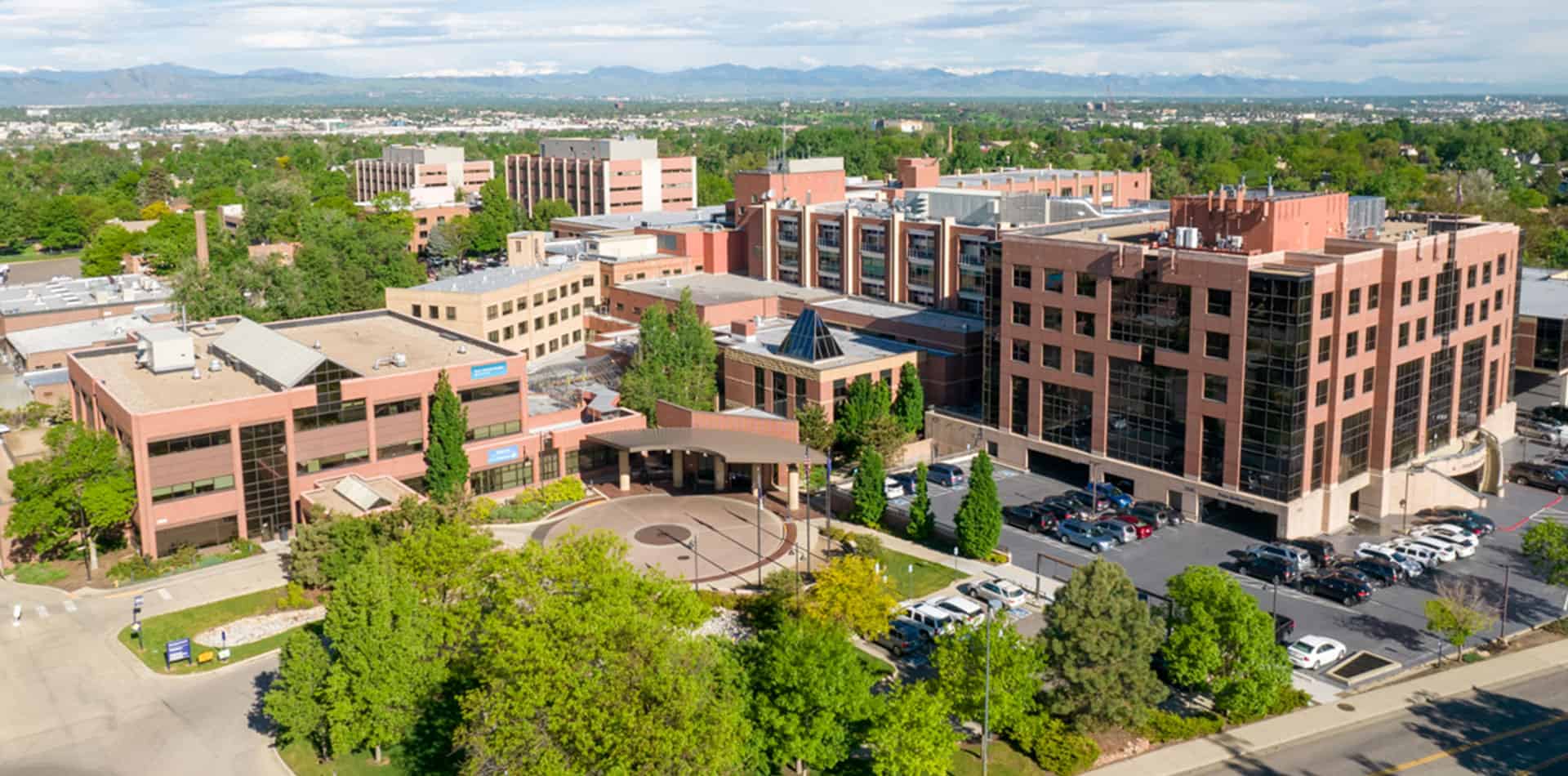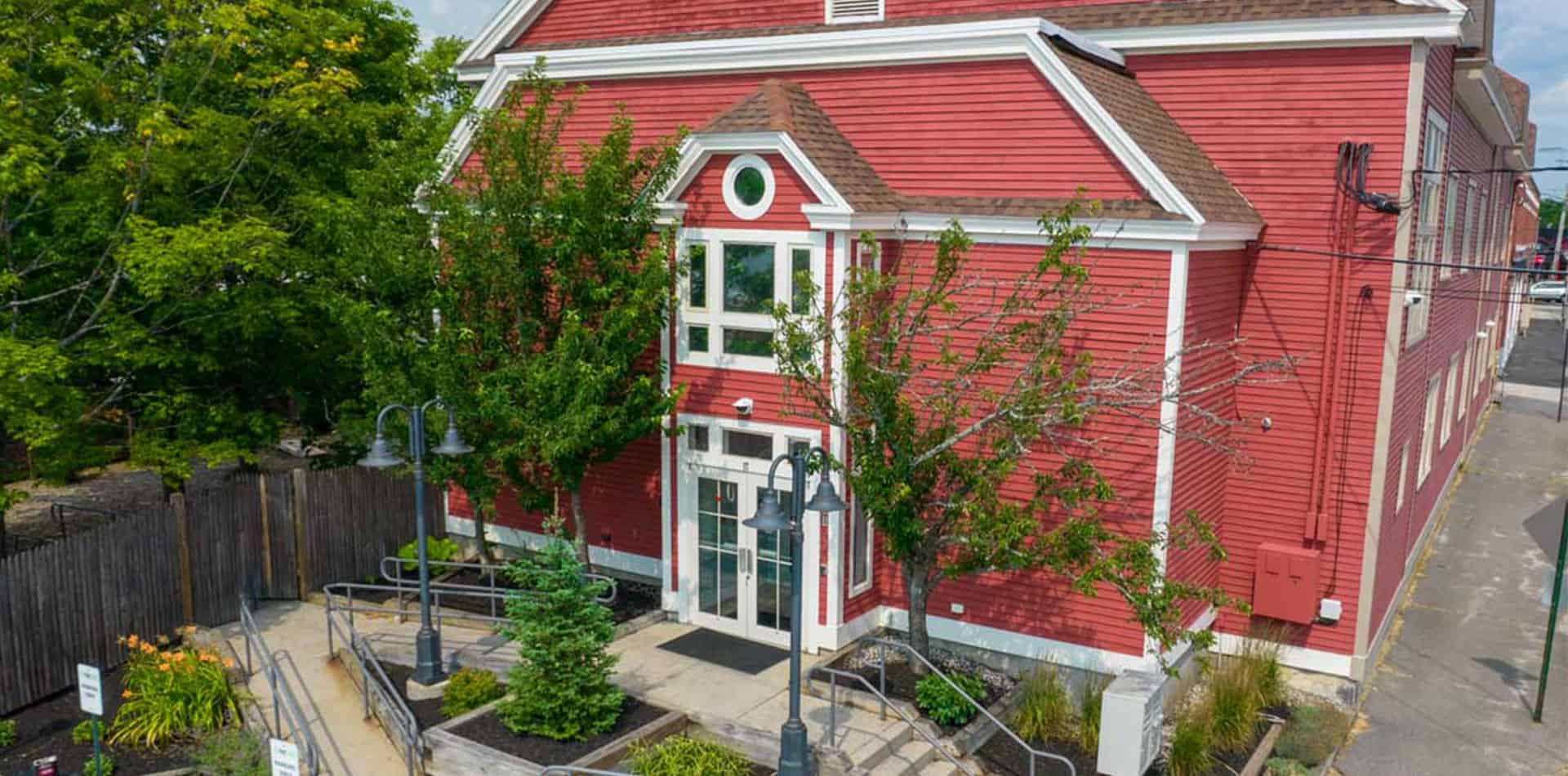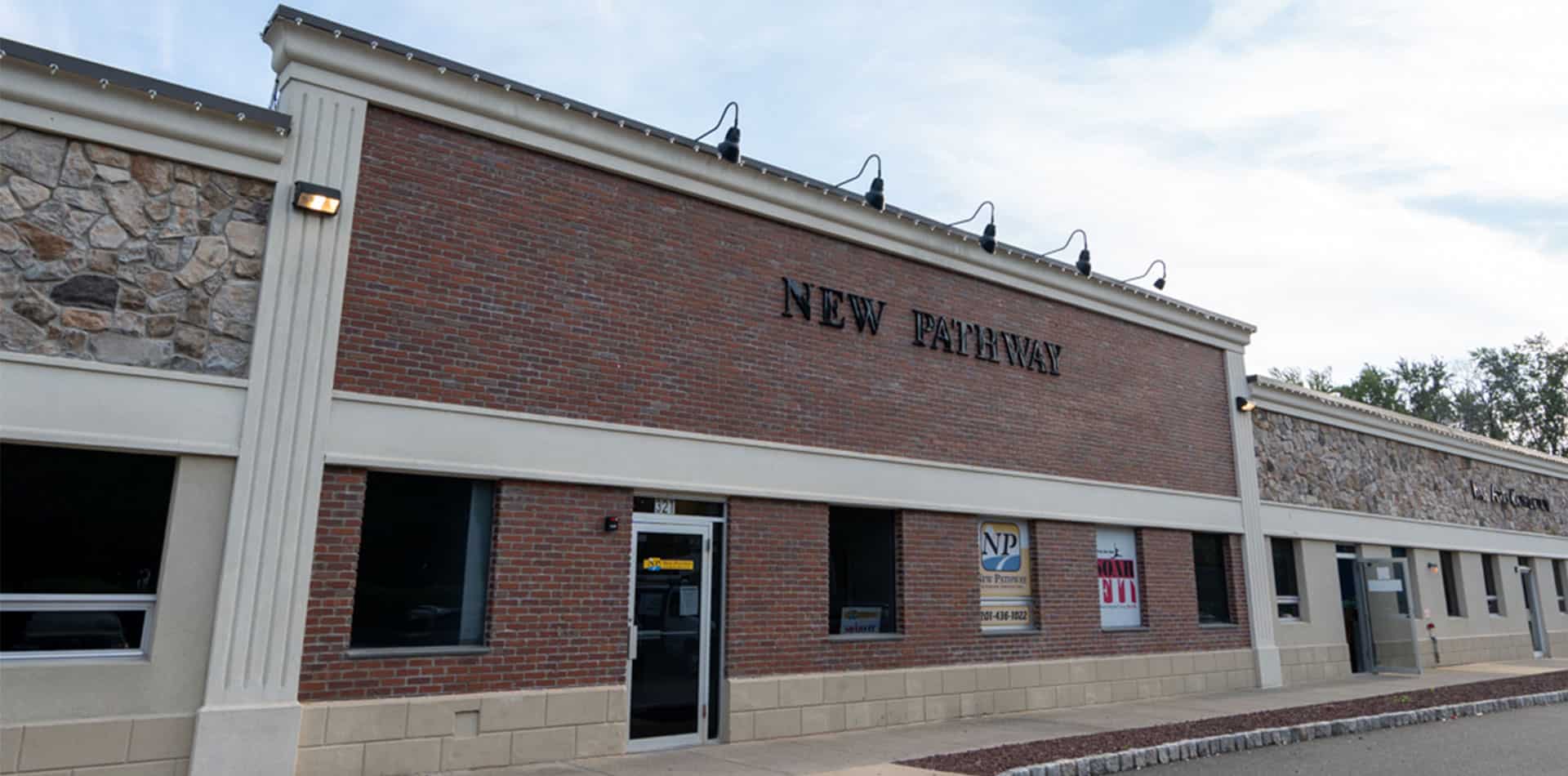Help For A Loved One
We will give you the support and guidance you need to get started on the road of long-term recovery.
Watching a loved one struggle with substance use can be an incredibly challenging and emotional experience. It’s natural to feel concerned, confused, and even helpless. However, it is important to remember that your support and guidance can play a pivotal role in their journey towards recovery.
Substance use disorders are complex and multifaceted, affecting individuals from all walks of life. When someone close to you is grappling with addiction, the first step is to educate yourself about the nature of the problem. By understanding the science behind addiction and its psychological aspects, you can empathize better with your loved one’s struggle.
Approaching your loved one with sensitivity and non-judgment is essential. The stigma surrounding addiction can create barriers to seeking help, making it crucial to foster trust and understanding. Remember, you are not alone in this journey, and with the right approach, your support can offer hope that lights the path toward recovery.
If you or someone you love needs mental health or addiction support, Guardian Recovery is available to help. We are dedicated to providing the most comprehensive and individualized treatment programs available. Contact us today to learn more about our addiction recovery program and the rehabilitation services we provide.
Getting Help for Loved One’s Substance Use & Mental Health
Supporting a loved one struggling with substance use can be challenging, but there are steps you can take to help them while also taking care of yourself:
- Educate Yourself – Begin by learning about addiction and mental health issues. Understanding the challenges your loved one faces will enable you to offer informed support.
- Open Communication – Initiate non-confrontational conversations. Express your concern, emphasizing your care and desire to help rather than criticizing or blaming.
- Seek Professional Guidance – Encourage your loved one to consult with a healthcare professional or therapist. Offer to help them find suitable treatment options, including therapy or rehabilitation centers.
- Set Boundaries – Establish healthy boundaries to protect yourself from any adverse consequences of the addictive disorder. Be clear about what you’re willing to tolerate and what you’re not.
- Support Groups – Encourage your loved one to join a support group like Alcoholics Anonymous or Narcotics Anonymous. These groups provide a safe space for sharing experiences and seeking advice.
- Self-Care – Don’t neglect your well-being. Caring for yourself allows you to be a more effective support system. Seek therapy or support groups for yourself if needed.
- Patience and Understanding – Understand that recovery is a process with ups and downs. Be patient, offer encouragement, and celebrate small victories.
- Continued Support – Even after treatment, continue offering your support and encouragement. Recovery is an ongoing journey.
Get Local Help
Helpful, Recovery
Resources
- The Guardian Path
- Recovery Tips
- Frequently Asked Questions
- Insurance Check
- Ask a Question
How Do I Get Help for My Loved One’s Substance Use Issues?
Start Healing Today!
Choose recovery and take control of your life, it’s the path to a brighter future filled with health, happiness, and fulfillment.
How Do I Know What Type of Treatment Program Is Best for My Loved One?
Determining the right treatment program for your loved one requires careful consideration. Start by assessing their specific needs, including the substance they are using, the severity of their addiction, and any underlying mental health issues. Next, research various treatment options, such as inpatient rehabilitation, outpatient therapy, or support groups, and consult addiction specialists to tailor a program to their unique circumstances. Remember that one size doesn’t fit all; flexibility and a willingness to adapt the treatment plan are key. Keep the lines of communication open with your loved one to ensure their comfort and commitment to the chosen program, ultimately increasing the likelihood of a successful recovery journey.
Pre-Assessments & Understanding a Customized Treatment Plan
Navigating a customized treatment plan for your loved one begins with pre-assessments and understanding your loved one’s unique needs. Start by seeking professional guidance to evaluate your loved one’s addiction severity, mental health, and underlying factors. These assessments provide the foundation for a tailored treatment approach, which may include a combination of therapy, medication, or holistic therapies.
At Guardian Recovery, determining an individualized treatment approach is a comprehensive and personalized journey. It begins with a thorough initial assessment, where our experienced professionals evaluate your loved one’s addiction history, mental health, medical conditions, and overall well-being.
Based on the assessment findings, we create a customized treatment plan, incorporating specific therapies, interventions, and support services tailored to your loved one’s unique needs and challenges.
Complimentary Insurance Check
Find Out Today!
"*" indicates required fields
Does the Substance Use Treatment Plan Address My Loved One’s Mental Health Conditions?
Ensuring that the substance use treatment plan effectively addresses your loved one’s mental health is a top priority at Guardian Recovery. Our process begins with a comprehensive assessment, which includes a thorough evaluation of their mental health status. If co-occurring mental health conditions are identified, our treatment plan is carefully crafted to address both substance use and mental health. We integrate evidence-based therapies like cognitive-behavioral therapy (CBT) and dialectical behavior therapy (DBT), specifically designed to manage co-occurring disorders. Our team of experienced professionals collaborates to provide targeted care, and medication-assisted treatment (MAT) may be incorporated as needed.
We emphasize a holistic approach, incorporating mindfulness, meditation, and other therapies to promote mental well-being. Throughout the treatment journey, regular assessments and adjustments ensure that substance use and mental health symptoms are effectively and compassionately addressed to achieve lasting recovery.
How Do I Choose a Suitable Treatment Facility?
Selecting the right treatment facility is a crucial decision in recovery. At Guardian Recovery, we recommend a thoughtful process:
- Assess Individual Needs – Begin by assessing your loved one’s unique needs, including the substance they’re using, the severity of their addiction, and any co-occurring mental health conditions.
- Research and Compare – Research treatment facilities thoroughly. Compare their services, treatment approaches, staff credentials, success rates, and reviews. Look for accreditation and licensing to ensure quality care.
- Consult Professionals – Seek advice from addiction specialists, therapists, or medical professionals who can provide insights and recommend suitable facilities based on your loved one’s situation.
- Visit Facilities – Whenever possible, visit the facilities you’re considering. This allows you to see the environment, meet staff, and get a feel for the atmosphere.
- Review Treatment Programs – Evaluate the treatment programs offered. Ensure they align with your loved one’s needs and preferences. Look for evidence-based therapies and holistic approaches.
- Check Insurance Coverage – Verify insurance coverage to understand the financial aspect. Different facilities may accept various insurance plans, so ensure they align with your budget.
- Location and Accessibility – Consider the location of the facility. Some individuals may benefit from being closer to home, while others prefer a more distant, secluded environment.
- Family Involvement – Inquire about family involvement opportunities. Family support can be instrumental in the recovery process, so ensure the facility encourages family participation.
- Aftercare Programs – Explore the aftercare programs and support offered to ensure a seamless transition to daily life after treatment.
- Trust Your Instincts – Ultimately, trust your instincts. Choose a facility where you feel comfortable and confident in the care provided. Your loved one’s comfort and willingness to engage in treatment are crucial.
How Long Would My Loved One Be in Treatment?
What Aftercare Programs Are Available to My Loved One After Treatment?
How Do I Speak With My Loved One About Getting Help?
Speaking with your loved one about getting help involves a compassionate and collaborative approach. Begin by expressing your care and concern, using “I” statements to share your feelings. Listen actively to their perspective and feelings without judgment. Ask open-ended questions that encourage them to express their thoughts and concerns. Reflect on what they say to show you understand and respect their feelings. Avoid confrontation or pushing; work together to explore the pros and cons of seeking help. Motivational Interviewing is a great resource to help create a safe and open dialogue. It allows your loved one to consider their reasons and motivations for seeking treatment, ultimately increasing the likelihood of them taking positive steps toward recovery.
Is an Intervention Necessary?
The necessity of an intervention hinges on the specific circumstances surrounding your loved one’s substance use. Interventions are typically considered when traditional communication approaches have proven ineffective, immediate risks are present, or your loved one repeatedly refuses help despite evident addiction-related issues. When multiple family members and support network members share deep concerns, and there’s a lack of awareness about the severity of the addiction, it may also warrant an addiction. Consulting with a professional interventionist or addiction specialist is advisable to determine if an intervention is necessary and how to proceed. They can provide valuable guidance to ensure the intervention is executed with sensitivity and focuses on motivating your loved one to seek help and embrace the path to recovery.

Our Locations
Our Facilities & Teams Transform Lives
Changing lives by providing comprehensive support and rehabilitation, empowering individuals to overcome addiction and regain control of their health and well-being.
How Can Family Provide Support During & After Treatment?
Family support is pivotal during and after a loved one’s treatment journey. Staying informed about addiction, participating in therapy sessions, setting healthy boundaries, and avoiding enabling behaviors are essential during treatment. Additionally, encouraging your loved one’s continued treatment through aftercare plans is crucial. After treatment, maintaining support by staying involved in their recovery process, promoting healthy, sober activities, and offering emotional encouragement can significantly aid their long-term recovery and overall well-being.
What Resources & Support Are Available to the Family of a Loved One in Treatment?
Families of loved ones in treatment have access to valuable resources and support to help them navigate this challenging journey. These resources often include:
- Family Therapy.
- Support Groups (e.g., Al-Anon, Nar-Anon).
- Counseling Services.
- Educational Workshops.
- Online Resources.
- Books and Literature.
- Hotlines.
- Community Organizations.
READY TO MAKE A CHANGE?
Your Next Steps
Beginning Your Loved One’s Treatment Journey
Contact Us to Learn More
Reviewed professionally for accuracy by:

Ryan Soave
L.M.H.C.
Ryan Soave brings deep experience as a Licensed Mental Health Counselor, certified trauma therapist, program developer, and research consultant for Huberman Lab at Stanford University Department of Neurobiology. Post-graduation from Wake Forest University, Ryan quickly discovered his acumen for the business world. After almost a decade of successful entrepreneurship and world traveling, he encountered a wave of personal and spiritual challenges; he felt a calling for something more. Ryan returned to school and completed his Master’s Degree in Mental Health Counseling. When he started working with those suffering from addiction and PTSD, he found his passion. He has never looked back.
SELF-ASSESSMENT:
Do I Have a Substance Use Disorder?
Disclaimer: Does not guarantee specific treatment outcomes, as individual results may vary. Our services are not a substitute for professional medical advice or diagnosis; please consult a qualified healthcare provider for such matters.








